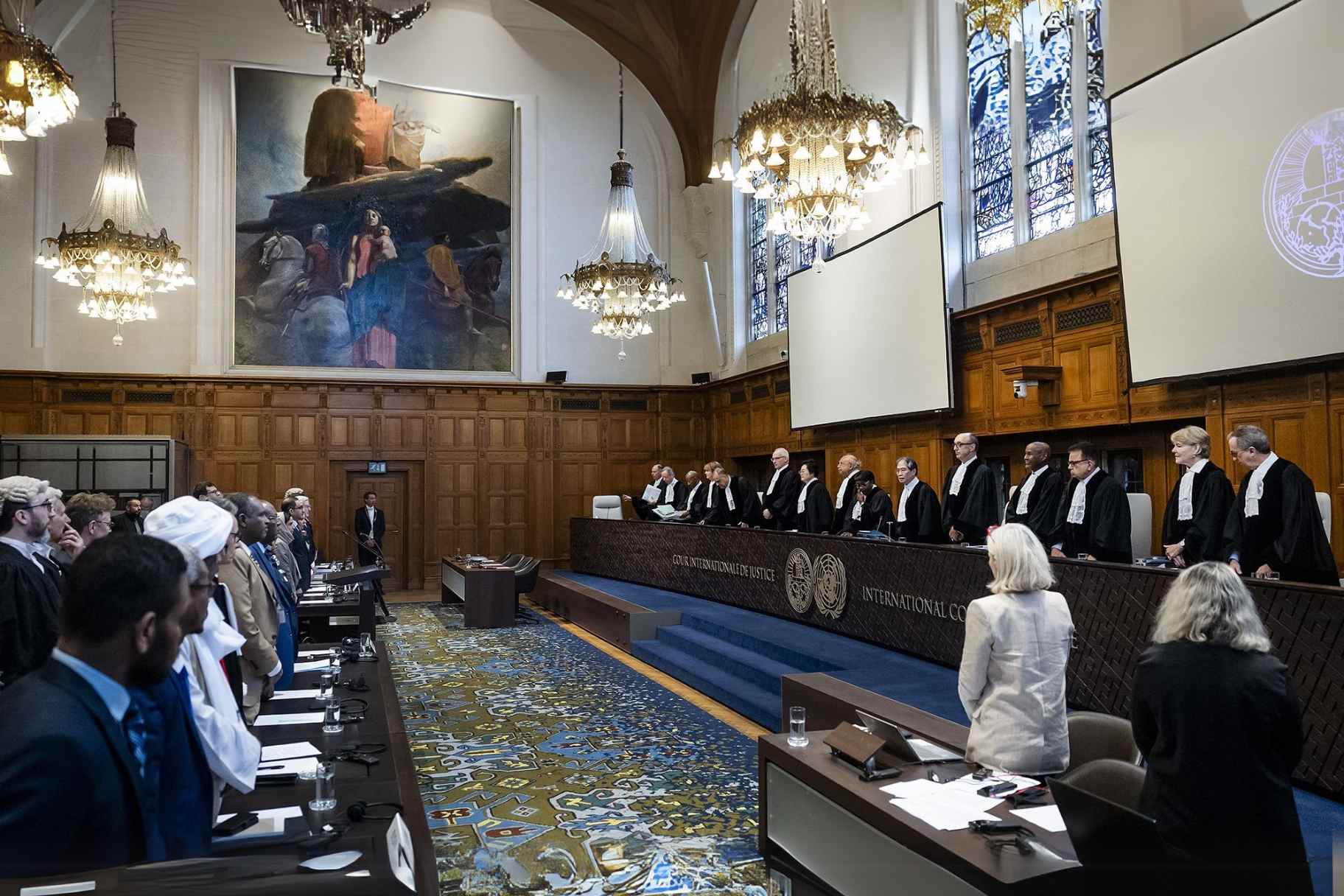As technology reshapes the business and legal landscape, blockchain has emerged as one of the most secure and transparent methods of record-keeping. But a common question arises — do UAE courts recognize blockchain records as valid evidence? Understanding the legal standing of blockchain evidence is crucial for companies, investors, and digital innovators operating in the UAE.
Blockchain and Its Legal Relevance
Blockchain technology provides tamper-proof, time-stamped digital records that are nearly impossible to alter. These features make it ideal for documenting transactions, smart contracts, and ownership records. In the UAE, where the government promotes digital transformation and smart governance, blockchain has found increasing legal acceptance.
The UAE Evidence Law (Federal Decree-Law No. 10 of 2022) explicitly allows electronic and digital evidence in court proceedings, provided authenticity and integrity are proven. Blockchain records, therefore, can serve as strong digital evidence in commercial, financial, and contractual disputes, as long as they meet these legal standards.

When Blockchain Records Can Be Used in UAE Courts
UAE courts may accept blockchain data as evidence in cases involving:
- Smart contract enforcement between parties.
- Commercial and financial transactions recorded on blockchain.
- Property and intellectual property ownership verification.
- Cryptocurrency or token-related disputes.
However, the data must be authenticated — meaning it must clearly show that it was created, stored, and transmitted through a reliable system. Courts may also appoint technical experts to validate blockchain evidence.
People also read: Cross-Border Debt Recovery in the UAE: How Foreign Judgments Are Enforced
Legal Challenges and Compliance Considerations
While blockchain enhances transparency, it also presents challenges. Issues may arise around:
- Jurisdiction, especially when blockchain servers are hosted abroad.
- Data privacy, as decentralized networks can store personal data globally.
- Admissibility, if proper documentation and expert validation are missing.
To ensure blockchain-based evidence stands up in court, proper legal structuring, authentication, and documentation are essential.
How Adv. Sanafer Arakkal of Concept Advocates Helps
Adv. Sanafer Arakkal, founder of Concept Advocates, is a leading legal expert in UAE commercial and technology law. He provides specialized support for businesses and individuals dealing with blockchain, fintech, and digital evidence-related disputes. His expertise includes:
- Advising clients on blockchain-based contracts and their enforceability.
- Representing clients in commercial disputes involving digital or blockchain evidence.
- Ensuring compliance with UAE electronic evidence and cybersecurity laws.
- Guiding startups and investors on the legal recognition of blockchain records.
- Coordinating with technical experts to validate blockchain data in court.
Through a combination of legal precision and technological understanding, Adv. Sanafer Arakkal ensures that blockchain-backed evidence is presented effectively and lawfully before UAE courts.
Conclusion
As the UAE embraces digital innovation, blockchain records are increasingly recognized as legitimate evidence in commercial and financial disputes. However, the process requires careful legal navigation to ensure admissibility and authenticity. With Adv. Sanafer Arakkal and Concept Advocates, businesses gain trusted legal counsel to leverage blockchain technology confidently within the UAE’s evolving legal framework.

